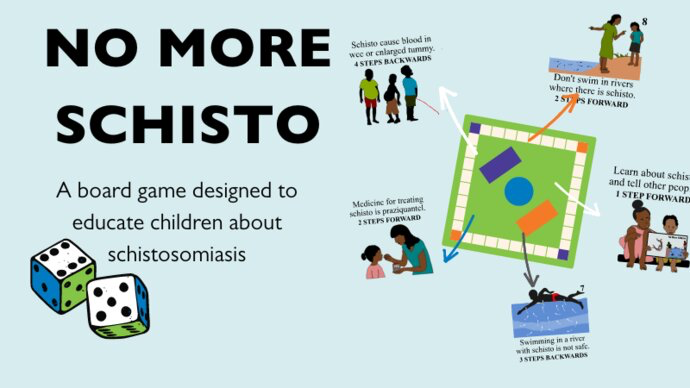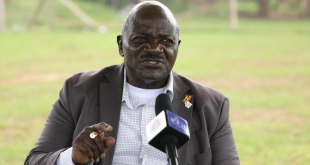Published: January 17,2025

When the bell rang at Simai Secondary School on Tanzania’s Zanzibar Pemba Island on Monday, the classroom buzzed with eager anticipation. Chinese experts from the Schistosomiasis prevention project team had arrived to deliver a unique health education session on preventing schistosomiasis, a debilitating parasitic disease.
Li Qianghua, consul general of the Chinese consulate general in Zanzibar, attended the class and hailed the long-standing traditional friendship between China and Tanzania, as well as their extensive and in-depth cooperation in the health sector.
Li said China has always been committed to working hand in hand with Tanzania and other developing countries in Africa to improve the health and economic level of the people jointly.
Through the efforts of the Chinese experts this time, he hoped that more practical and life-oriented health knowledge could be brought to the students of Pemba Island to protect themselves from schistosomiasis, also known as bilharzia, snail fever, or Katayama fever, caused by flatworms called schistosomes.
Dai Yang, leader of the expert group of the schistosomiasis control project in Zanzibar, introduced the life circle, transmission routes, and prevention methods of schistosomiasis to teachers and students present.
Taking a simple and easy-to-understand approach, Dai explained the harm of schistosomiasis and how to effectively prevent this disease through scientific methods.
Dai emphasized the importance of clean water sources in the prevention and control of schistosomiasis, calling on everyone to use clean water sources, avoid playing in ponds and streams, and bathe, and work together to create a campus environment where “everyone understands schistosomiasis control, and everyone knows how to protect oneself.”
To give local students a more intuitive and profound understanding of schistosomiasis, the expert group also carefully prepared a popular science video on schistosomiasis that, through vivid animations and real cases, showed the importance of schistosomiasiscontrol.
While watching the footage, the students displayed strong curiosity, listening attentively or deep in thought with their heads down. The students gained a basic understanding of the harm of schistosomiasis and also enhanced their awareness of self-protection.
To evaluate the actual effect of health education and stimulate students’ enthusiasm for participation, the expert group organized a question-and-answer session where the local students actively participated in the question-and-answer session.
Li distributed health education supplies, such as colored pens and rulers, to each student who answered the questions, and when the students received the gifts, their faces were filled with joy and pride.
Through the efforts of the Chinese experts and the active participation of local teachers and students, it is believed that in the near future, Pemba Island will become a place that has eliminated schistosomiasis and become healthier and better.
Salum Hamad, principal of the school, said that this method of health education has fully stimulated students’ enthusiasm for knowledge and brought such rich and practical disease prevention knowledge to students on the first day of school.
Hamad expressed gratitude to the Chinese experts and hoped for similar activities to be carried out in the school in the future.
Xinhua
 Africa -China Review Africa -China Cooperation and Transformation
Africa -China Review Africa -China Cooperation and Transformation
